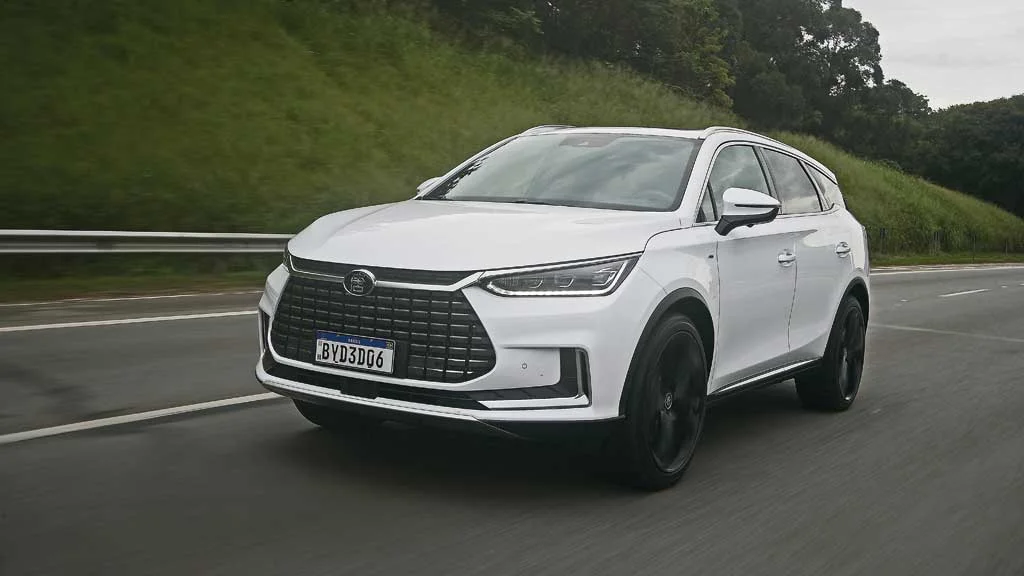In an exciting development for the electric vehicle (EV) sector, Brazil announced a series of new policies in 2023 aimed at accelerating the adoption of electric vehicles across the nation. According to Bloomberg Green, Brazil’s commitment to electrification marks a significant shift in South America’s largest economy, which has traditionally been dominated by fossil fuels. With these changes, Brazil is set to become a leader in the EV revolution in emerging markets. In this article, we’ll explore how Brazil’s new policies are shaping the future of electric mobility, the impact on the local and global markets, and what this means for consumers and the environment.
New Policies Driving Brazil’s EV Market
Tax Incentives and Subsidies
One of the central pillars of Brazil’s new strategy is the introduction of tax incentives and subsidies for electric vehicle manufacturers and consumers. According to Reuters Mobility, the Brazilian government has reduced import taxes on electric cars by up to 30%, making EVs more affordable for the average consumer. Additionally, subsidies are available for domestic manufacturers, encouraging local production and job creation.
- Tax Reduction: Import taxes reduced by up to 30%
- Consumer Subsidies: Incentives available for purchasing EVs
- Local Production Support: Financial support for domestic EV manufacturers
These financial incentives are aimed at lowering the entry barrier for consumers and fostering a competitive market environment that encourages innovation and growth.
Infrastructure Development
Charging infrastructure is crucial for the widespread adoption of electric vehicles. Brazil has committed to expanding its EV charging network significantly. According to InsideEVs, the government plans to install over 10,000 public charging stations by 2025, a move that would make Brazil one of the leading countries in Latin America for EV infrastructure.
- Current Charging Stations: Approximately 2,000
- Target by 2025: Over 10,000 public charging stations
- Focus Areas: Major cities and highways
The strategic placement of these charging stations will ensure that EV drivers have easy access to charging facilities, reducing range anxiety and making electric vehicles a viable option for more people.
Promotion of Clean Energy
Brazil is also leveraging its abundant renewable energy resources to power its growing fleet of electric vehicles. According to the International Energy Agency (IEA), Brazil is a leader in hydropower and bioenergy, which are used to produce clean electricity for EVs. The government is further promoting the use of solar and wind energy to ensure that electric vehicles remain a green alternative to fossil fuel-powered cars.
- Main Energy Sources: Hydropower and bioenergy
- Renewable Energy Goals: Increase use of solar and wind energy
- Impact: Reduction in carbon emissions and pollution
By integrating clean energy into its EV infrastructure, Brazil is setting a sustainable example for other emerging markets.
Consumer Considerations: What to Know Before Buying an EV in Brazil
How to Charge Your EV
Charging an electric vehicle in Brazil is becoming increasingly convenient thanks to the expanding network of charging stations. Here’s a quick guide on how to charge your EV:
- Home Charging: Install a Level 2 charger at home for overnight charging.
- Public Charging: Use apps to locate nearby public charging stations.
- Fast Charging: Utilize DC fast chargers for quick top-ups during long trips.
Where to Buy an EV in Brazil
With the market rapidly growing, consumers have more options than ever when it comes to choosing an electric vehicle. Major brands like Tesla, BYD, and Volkswagen are already present in Brazil, offering a range of models to suit different needs and budgets.
- Tesla: Known for its high-performance models, available in major cities.
- BYD: Offers affordable options, with a focus on practicality.
- Volkswagen: Combines traditional automotive expertise with electric innovation.
What to Compare
When choosing an electric vehicle, consider the following factors:
- Range: Ensure the vehicle meets your daily driving needs.
- Price: Compare the cost of different models, considering subsidies.
- Features: Look for advanced safety and tech features.
- Charging Options: Evaluate the availability of charging stations in your area.
The Global Impact of Brazil’s EV Policies
A Model for Emerging Markets
Brazil’s approach to accelerating the EV revolution serves as a model for other emerging markets looking to transition to sustainable mobility. By addressing financial, infrastructural, and environmental challenges, Brazil is paving the way for a cleaner, more efficient transportation future.
Environmental Benefits
The shift to electric vehicles is expected to significantly reduce Brazil’s carbon footprint. According to CleanTechnica, transitioning to EVs could cut Brazil’s transportation-related emissions by up to 50% by 2030. This reduction will contribute to global efforts to combat climate change and promote sustainable development.
Economic Opportunities
The EV revolution is not only an environmental imperative but also an economic opportunity. The growth of the EV market in Brazil is expected to create thousands of jobs in manufacturing, infrastructure, and clean energy sectors. This economic boost will support Brazil’s broader goals of sustainable growth and development.
Conclusion: Brazil’s Electrifying Future
Brazil’s new policies in 2023 are a significant leap forward in the global electric vehicle revolution. By investing in tax incentives, infrastructure, and clean energy, Brazil is not just keeping pace with the world’s leading EV markets but is also setting an example for other emerging economies. As consumers and businesses adapt to this new era of transportation, the benefits will extend beyond Brazil, contributing to a greener, more sustainable world.
Are you considering making the switch to an electric vehicle in Brazil? Share your thoughts and experiences in the comments below. As we look to the future, one thing is clear: electric vehicles are here to stay, and Brazil is leading the charge in South America.

